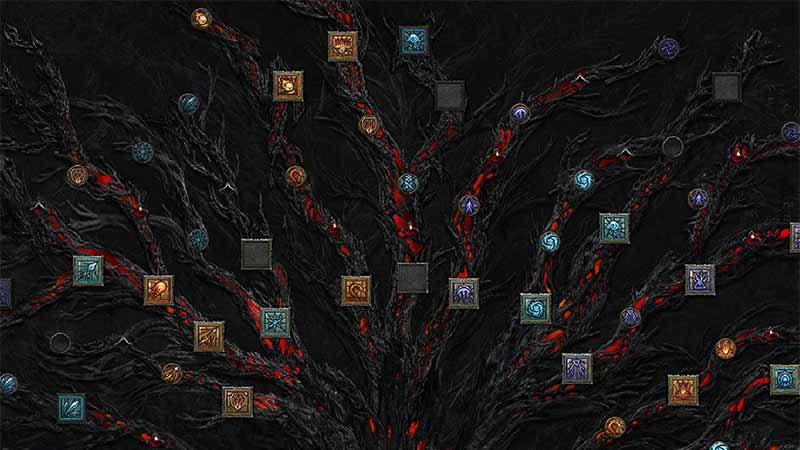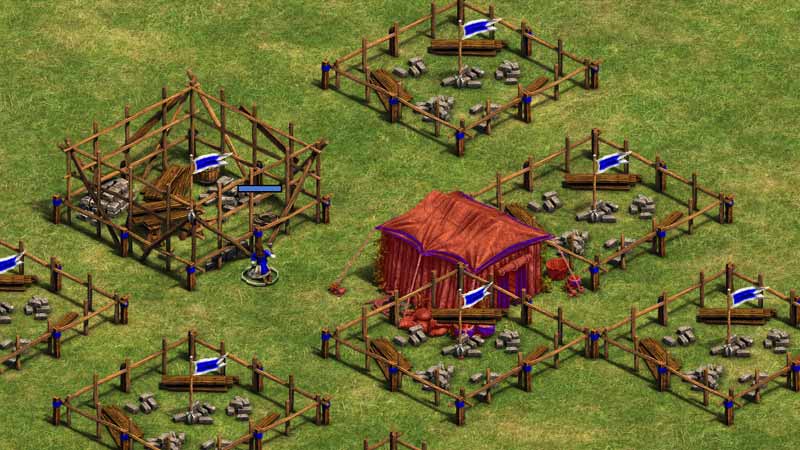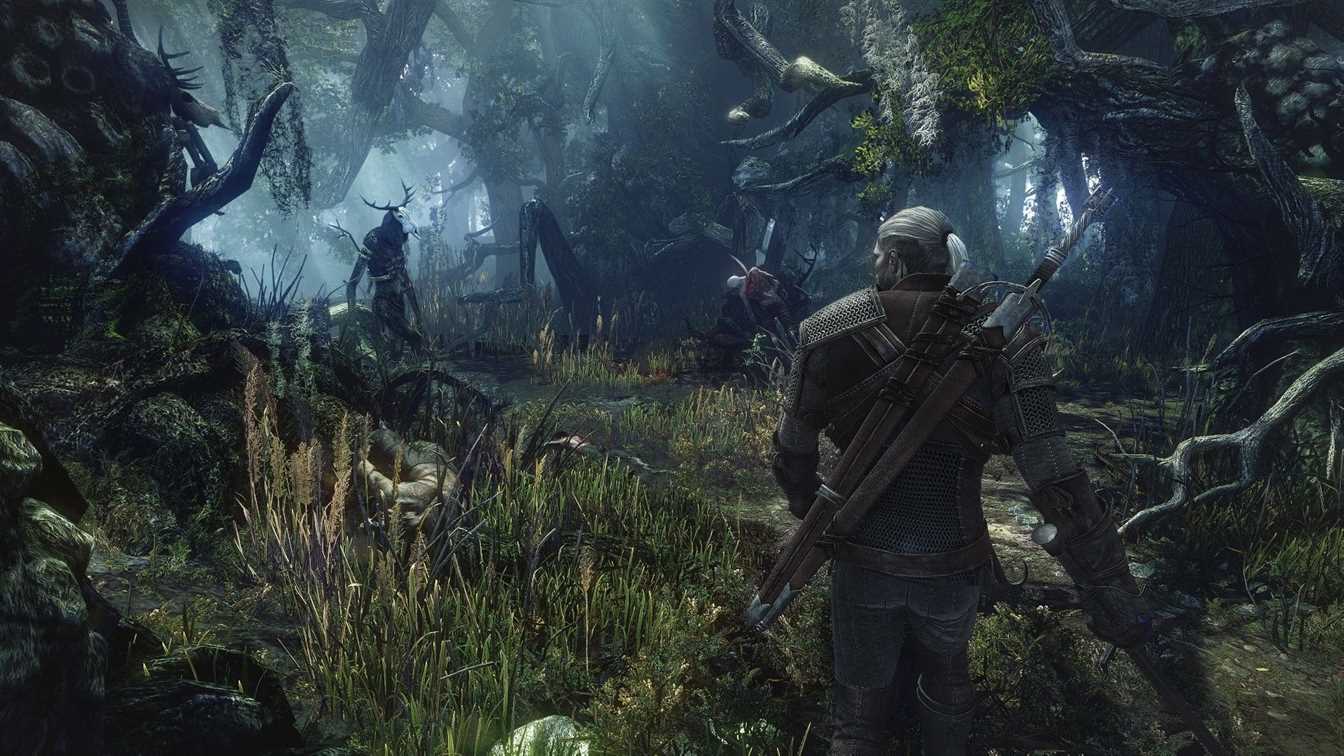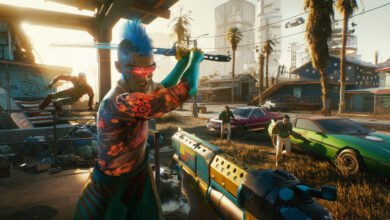What Does Gameplay Mechanics Mean?
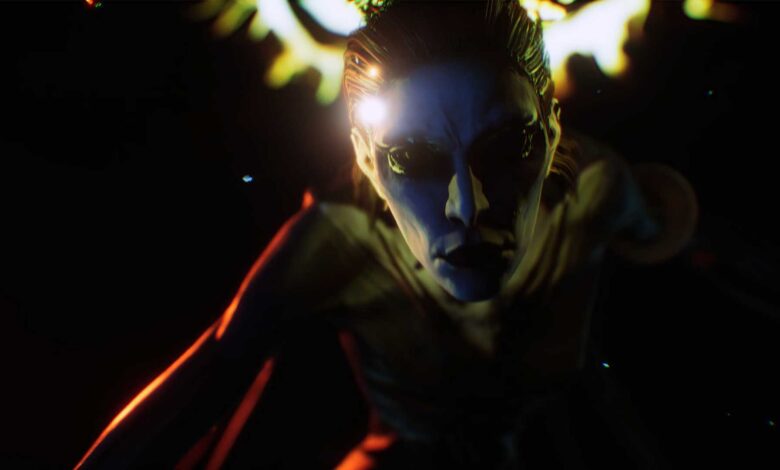
Gameplay mechanics are the foundational rules, systems, and interactions that govern how a video game is played. They encompass the various elements that define the player’s experience, from controlling characters and objects to progressing through the game’s challenges and narrative.
Gameplay Mechanics
In essence, gameplay mechanics form the heart and soul of a game, shaping how players engage with and navigate the virtual world. These mechanics are carefully designed by game developers to create an enjoyable, balanced, and immersive gaming experience.
Core Concepts
Player Agency and Control
At the heart of gameplay mechanics lies the player’s agency—the ability to make choices and influence the game world. Control inputs, such as keyboard, mouse, or controller commands, allow players to manipulate characters and objects, fostering a sense of connection and involvement. The responsiveness of controls is crucial to ensure a smooth and enjoyable gameplay experience.
Objectives and Goals
Gameplay mechanics establish the objectives and goals that players must pursue to progress in the game. Whether it’s defeating enemies, solving puzzles, completing quests, or achieving high scores, clear objectives provide direction and motivation for players to engage with the game’s challenges.
Challenge and Skill
Mechanics create challenges that require players to apply skill and strategy. Balancing difficulty is vital to maintain engagement—challenges should be neither too easy nor too difficult. This “sweet spot” encourages players to improve their skills and invest time in mastering the game.
Feedback and Reward
Effective gameplay mechanics provide immediate feedback to players, informing them of their progress, successes, and failures. This feedback loop is reinforced through rewards, such as points, items, or narrative progression, which offer a sense of accomplishment and incentive to continue playing.
Progression and Growth
Many games incorporate mechanics that allow characters or players to progress and grow. This might involve leveling up, acquiring new abilities, or unlocking content as players advance through the game. Such progression provides a sense of achievement and encourages players to invest more time.
Interactivity and Immersion
Gameplay mechanics facilitate interactivity by allowing players to engage with the game world. Immersive mechanics create a seamless connection between players and the virtual environment, enabling suspension of disbelief and a heightened sense of immersion.
Resource Management
Mechanics often involve managing limited resources, such as health, ammunition, or currency. Balancing resource allocation and conservation adds strategic depth to gameplay, forcing players to make tactical decisions.
Pacing and Rhythm
Mechanics control the pacing of a game, determining when moments of intense action, exploration, or reflection occur. Well-crafted pacing keeps players engaged and prevents monotony by varying the tempo of gameplay.
Multiplayer Dynamics
In multiplayer games, mechanics also dictate interactions among players, including cooperation, competition, and communication. Balancing these dynamics is essential for creating enjoyable and fair multiplayer experiences.
Types of Gameplay Mechanics
Movement and Controls
The way characters or objects move and respond to player inputs, including walking, running, jumping, and aiming.
Combat and Action
Mechanics related to combat, such as attacking, dodging, blocking, and using various weapons or abilities. These mechanics are common in action and role-playing games.
Puzzle Solving
In puzzle games, mechanics involve solving challenges, riddles, or logic puzzles to progress. These mechanics often require critical thinking and creativity.
Exploration and Navigation
Mechanics that enable players to explore game environments, discover secrets, and navigate obstacles. These mechanics are prevalent in open-world and adventure games.
Dialogue and Choices
Gameplay mechanics that involve interacting with non-player characters (NPCs), engaging in conversations, and making choices that affect the game’s narrative or outcomes.
Crafting and Customization
Mechanics that allow players to create or customize in-game items, equipment, or characters. Crafting systems often involve resource gathering and experimentation.
Stealth and Strategy
Mechanics centered around avoiding enemies, staying hidden, and executing strategic plans. These mechanics are prominent in stealth and tactical games.
Platforming and Timing
Gameplay mechanics involving precise timing and coordination to traverse platforms, obstacles, and hazards. Platformers and certain action games use these mechanics.
Balancing Gameplay Mechanics
Developers must carefully balance gameplay mechanics to create an enjoyable and fair experience. Overly complex or convoluted mechanics can frustrate players, while mechanics that are too simplistic may lead to boredom. Achieving the right balance involves iterating, playtesting, and adjusting based on player feedback.
Innovation and Evolution
As gaming technology evolves, so do gameplay mechanics. Developers continually seek to innovate, introducing new mechanics that challenge conventional norms and push the boundaries of player interaction. These innovations can lead to entirely new genres, redefine existing ones, and shape the future of gaming.
Conclusion
Gameplay mechanics are the invisible threads that tie together a game’s components, enabling players to immerse themselves in virtual worlds, make choices, overcome challenges, and experience narratives. By understanding and mastering gameplay mechanics, game developers craft experiences that captivate and engage players, making the magic of gaming possible.

